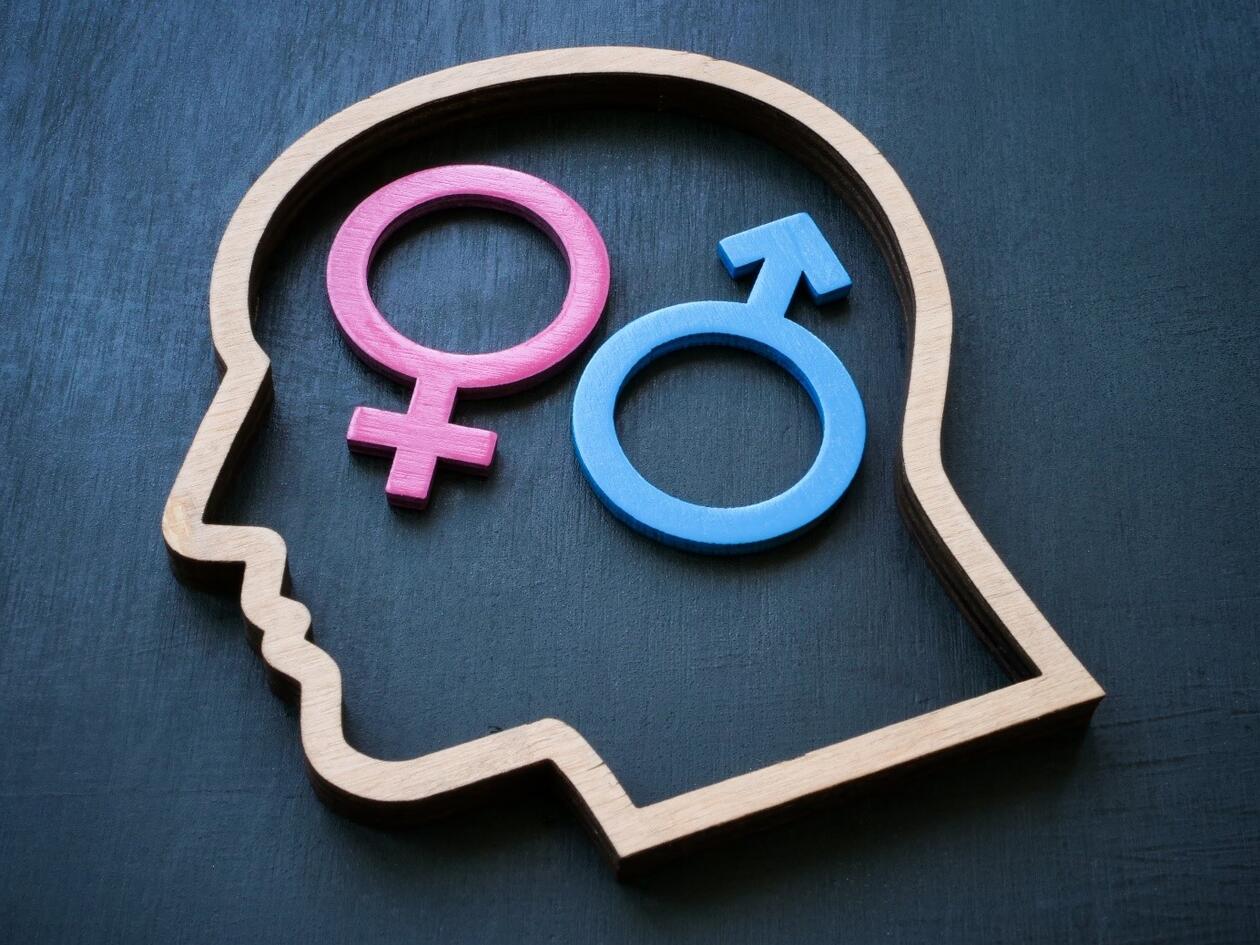Sex/Gender and Cognition
When it comes to general intelligence, men and women do not show much of a difference. However, there are certain cognitive tasks in which females and males consistently outperform each other.
Main content
For example, females excel when they are asked to memorize a list of words or provide as many words as possible that start with a specific letter. In turn, when asked to mentally rotate 3-dimensional complex cube figures males typically achieve higher scores. These cognitive gender differences are at the core of fierce academic and societal disputes over gender equality issues and often attributed to either biology (sex hormones, genes, chromosomes) or society (differential upbringing of boys and girls, gender stereotypes).
We aim to investigate cognitive gender differences in a “psychobiosocial approach” (Halpern, 2000; Hausmann et al., 2009). That is, we do not only want to understand the individual impact of biological, social, AND psychological factors on cognitive gender differences, but, crucially, also how these factors interact.
References
Halpern, D. F. (2000). Sex differences in cognitive abilities (3rd ed.). Hillsdale, NJ: Lawrence Erlbaum Associates.
Hausmann, M., Schoofs, D., Rosenthal, H. E., & Jordan, K. (2009). Interactive effects of sex hormones and gender stereotypes on cognitive sex differences-A psychobiosocial approach. Psychoneuroendocrinology, 34(3), 389-401.
